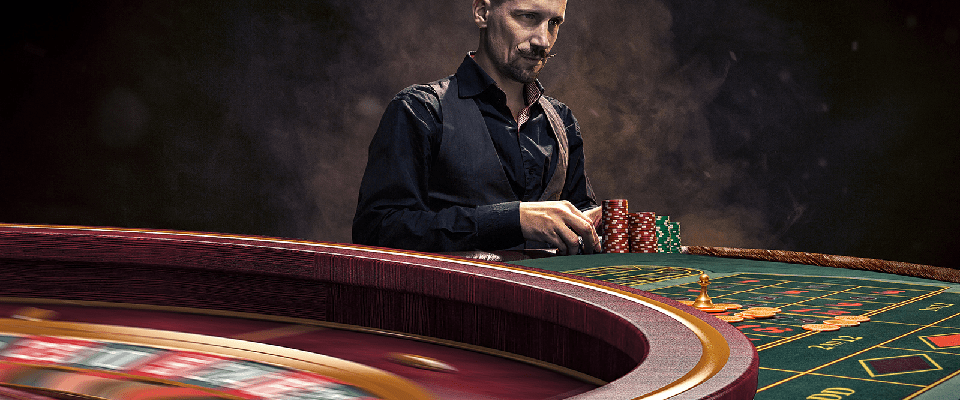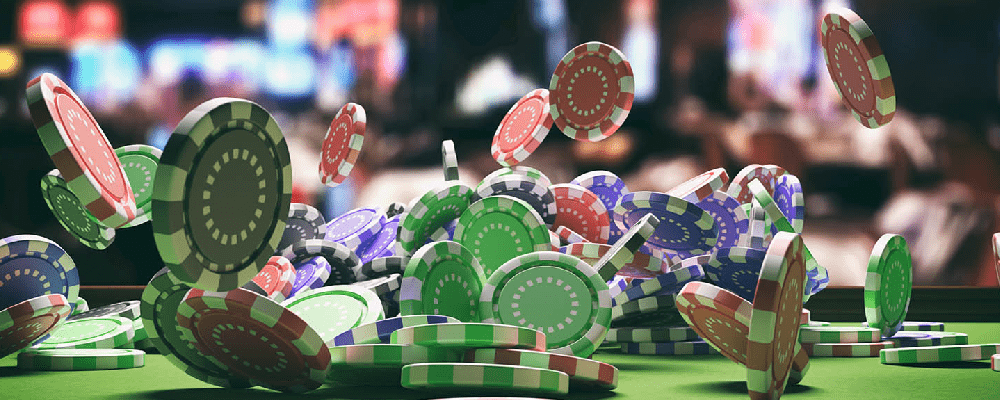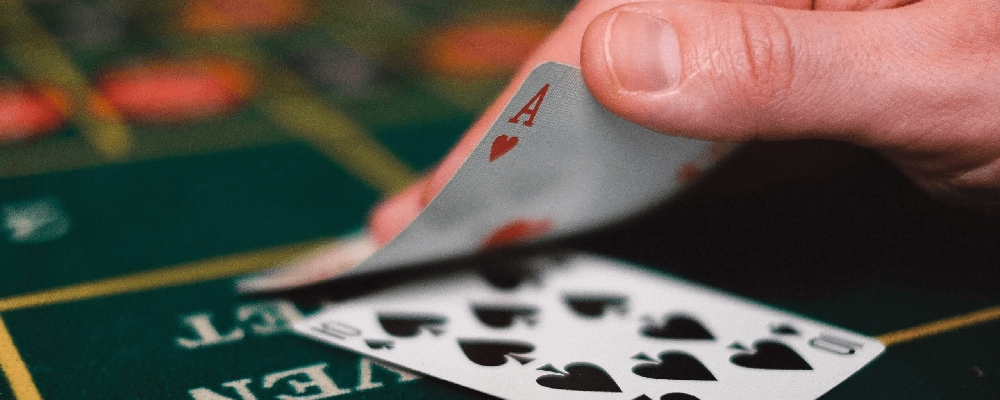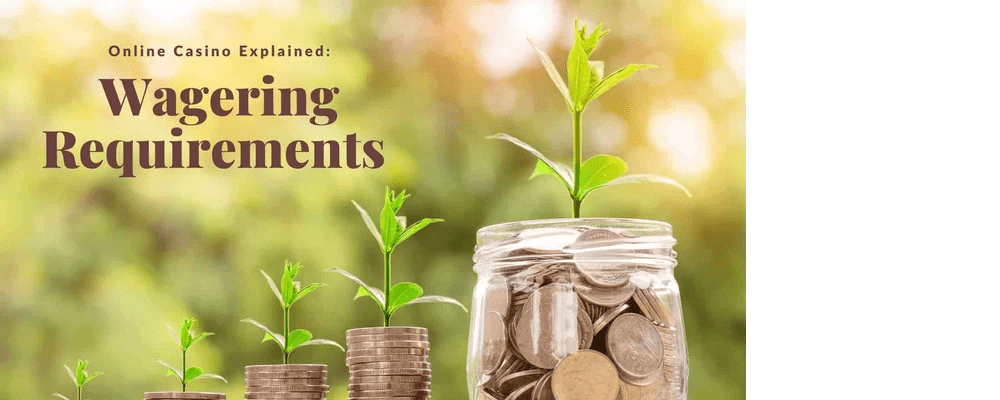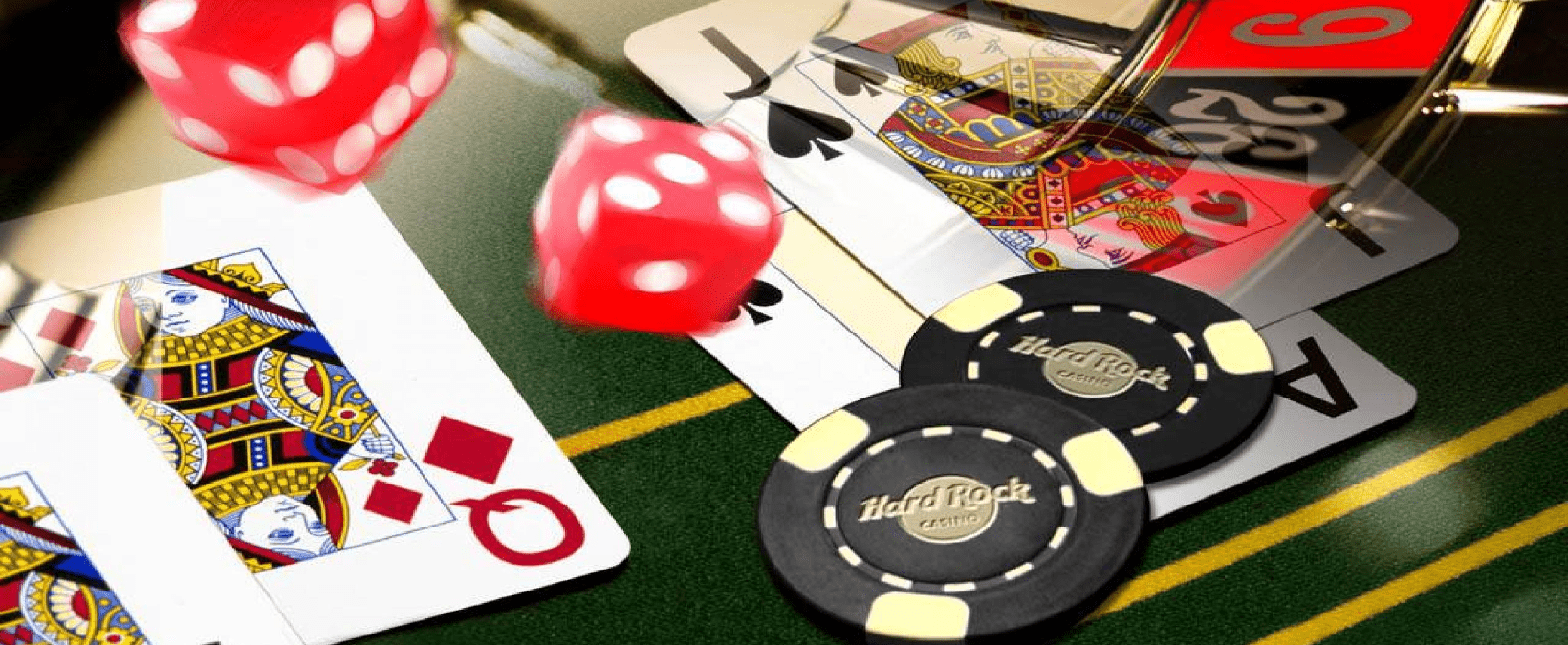
Payout percentages
- 30 May 2023
- Strategy
The term "payout percentage" typically refers to the percentage of total wagered money that is returned to players as winnings by a gambling establishment or an individual game. It is also known as "return to player" (RTP) or "player return percentage."
In the context of casino games, such as slot machines, roulette, or blackjack, the payout percentage represents the average amount of money that players can expect to win back over the long term. For example, if a slot machine has a payout percentage of 95%, it means that, on average, the machine will pay out $95 for every $100 wagered over an extended period.
It's important to note that the payout percentage is calculated based on statistical probabilities and is not a guarantee of how much an individual player will win or lose in a particular session. Additionally, the payout percentage may vary among different casinos and games.
Regulated and reputable casinos often display the payout percentages for their games, providing transparency to players. It's worth researching and comparing payout percentages when choosing where to gamble, as higher percentages generally indicate better odds for players.
The payout percentage of a slot machine is a statistical measure that represents the amount of money a slot machine is programmed to pay back to players over a significant number of spins. To determine the payout percentage, independent testing organizations such as eCOGRA conduct extensive tests on the slot machines.
These tests involve spinning the reels of the slot machine millions of times to gather data on actual payouts. The large number of spins is necessary to generate reliable statistics and validate the claimed payout percentage. Since it requires substantial resources and time to perform these tests, it is challenging for individual players to determine the exact payout percentage of a specific slot machine.
It's important to understand that the payout percentage primarily serves the casino's interests as it helps them predict when a slot machine is likely to pay out. As a player, the significance of the payout percentage increases with the number of spins made. The more spins you play on a slot machine, the more relevant the payout percentage becomes to your potential winnings. However, it's crucial to note that a small number of spins or short-term play sessions may not accurately reflect the advertised payout percentage.
Therefore, it's best to view the payout percentage as an indicator of how much the slot machine is expected to pay out over a significant number of spins, typically millions, rather than as a guarantee of short-term results for individual players.


